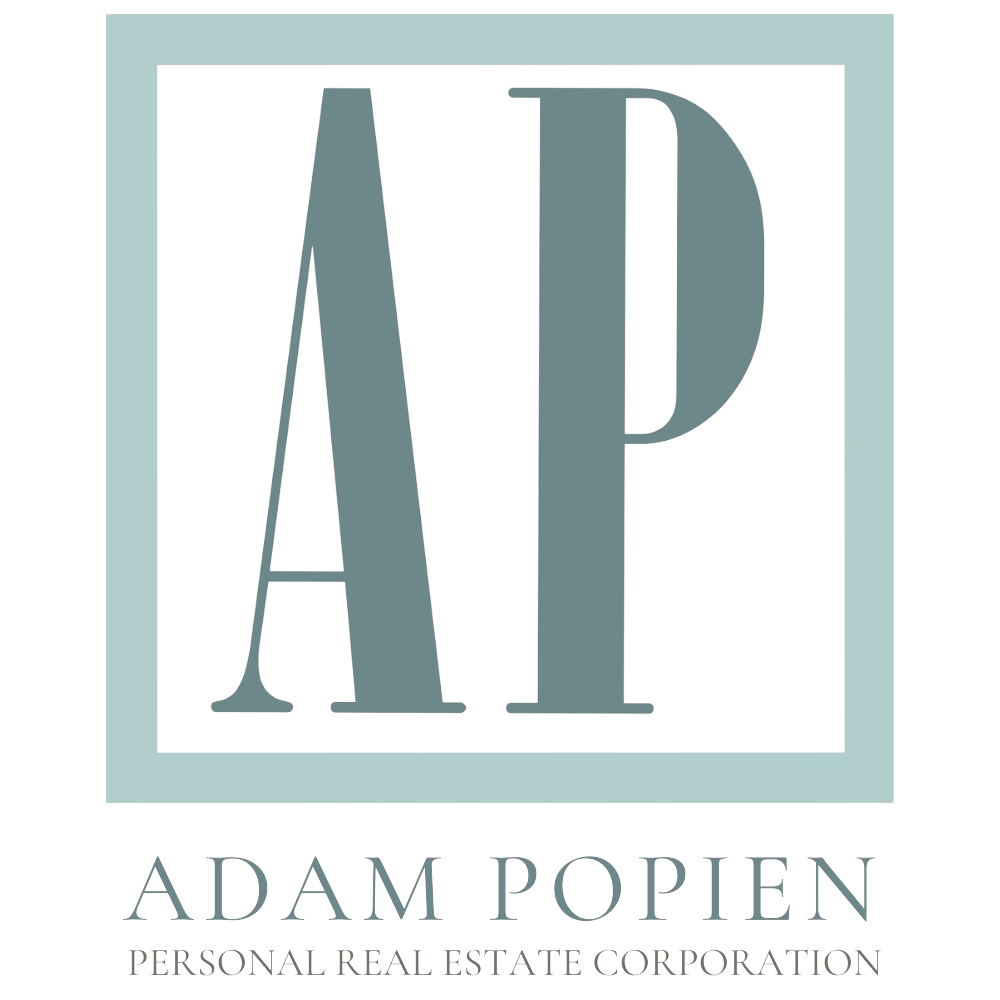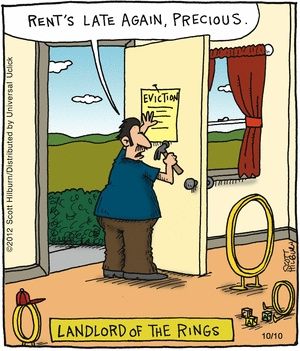
Have you ever considered becoming a landlord in BC but don’t know if it’s the right decision for you? We’ll take you through the 4 things you need to know before taking the leap.
But first, what are the pros of becoming a landlord? A good rental property with qualified tenants can be:
-
- a great opportunity to add a passive income stream
- reduce the cost of your mortgage (if adding a rental in your home)
- build equity in a property outside of your primary residence
- tax-deductible expenses
Now before you rush off to buy an investment property, let’s look at what you should know in order to prepare to become a BC landlord.
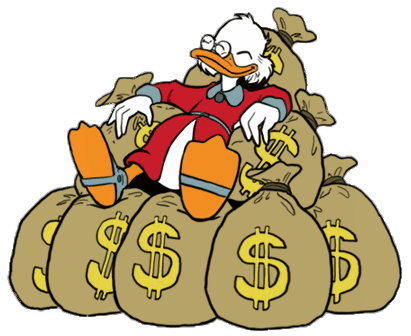
The Financials
Before you invest, ensure that you aren’t stretching yourself financially to make the purchase. In this market, prices are high and margins are thinner than ever. Make sure that you are still able to set aside savings for a contingency fund for potential vacancies or unforeseen repairs – which are part and parcel with owning a rental.
When you are searching for an investment property, consider if you’d like to have an income suite in your own home or a separate house. Some properties will already have a secondary suite and some may require renovations to build another living space. If you are considering the later, programs such as Purchase Plus Improvement Mortgages can help with the overhead cost of renovations. To see this program in action, check out our personal experience with a Purchase Plus Improvement Mortgage!
Review The BC Residential Tenancy Act
Regardless of the investment, big or small, you need to have a solid understanding of the BC Residental Tenancy Act laws and the numerous forms required to begin a new tenancy agreement. Be sure to review your rights and limitations as a landlord and those of a tenant in order to ensure that you are one step ahead of possible disputes. A great resource to understand your rights is Renting It Right, which offers free online courses on Tenant-Landlord Law in BC.
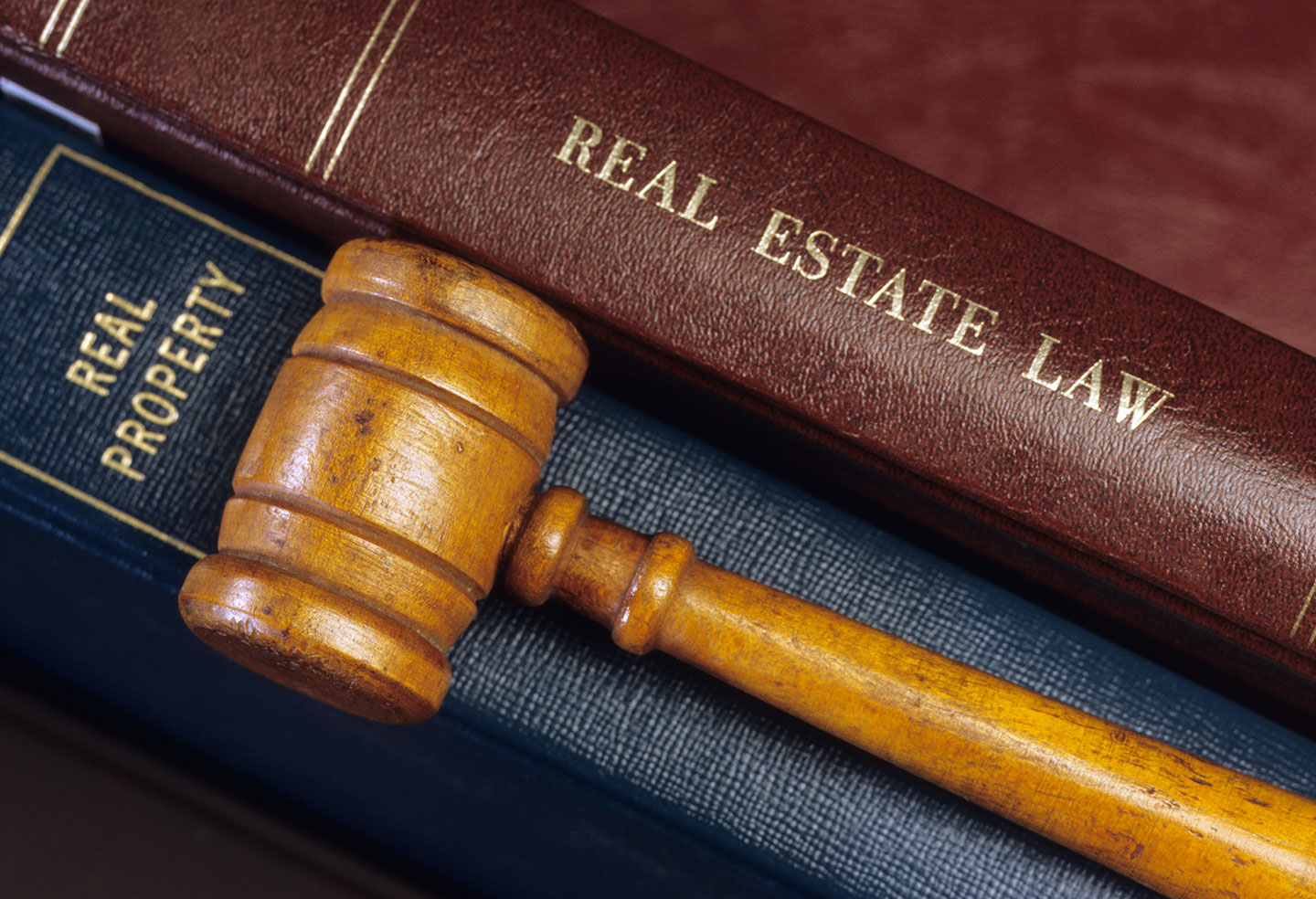
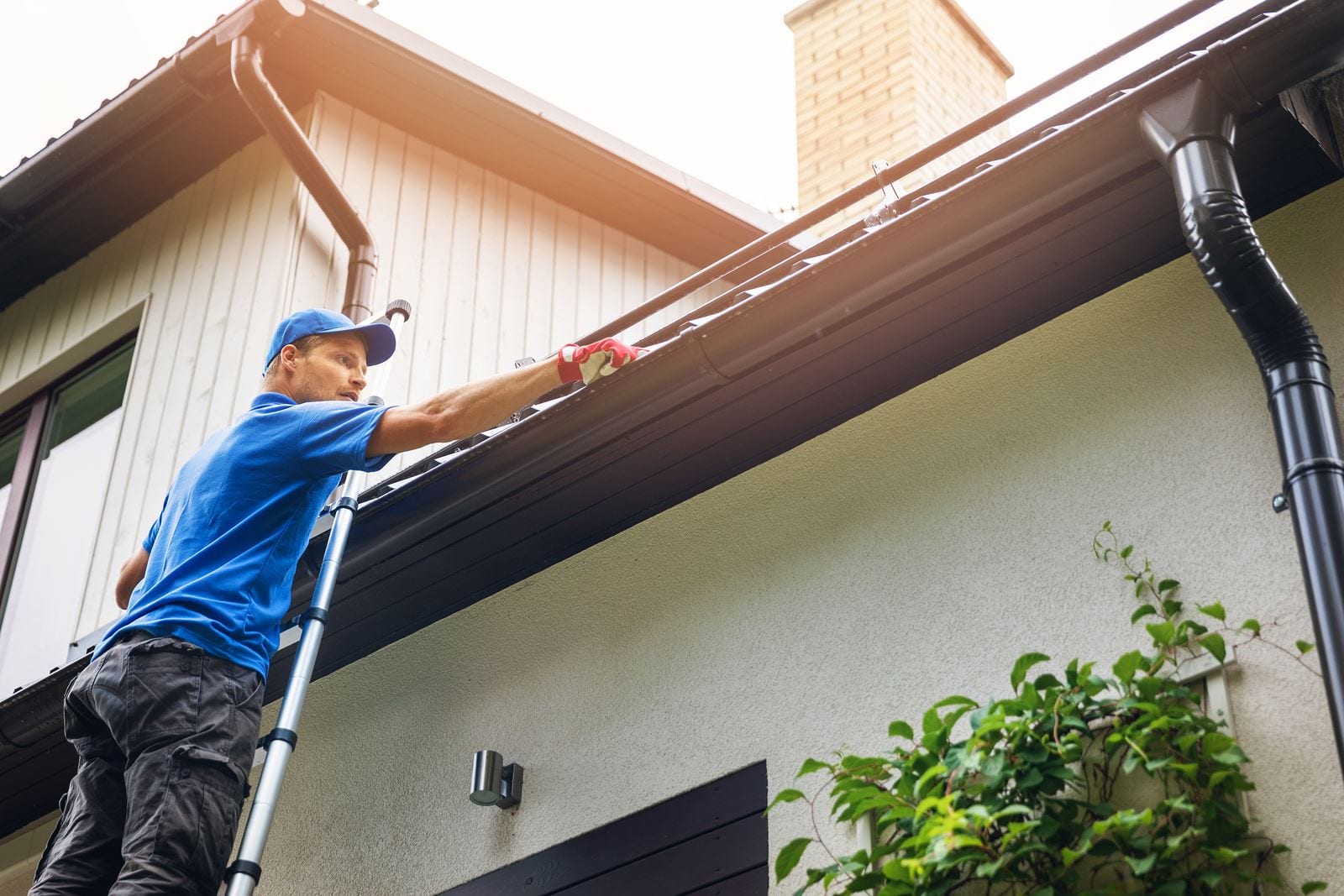
Annual Upkeep and Long-Term Maintenance
Rental properties require thorough budgeting to account for repairs & maintenance. A good rule of thumb is to set aside 1-3% of the income generated by the rental for annual maintenance and incidentals.
Landlords should also budget for long-term upgrades like a new roof, appliance replacement, new hot water tank or furnace.
Managing The Property
Although this is entirely a personal preference, it is fairly common to manage your own rental properties until you own several. Professional management companies typically charge 5-10% of the monthly or annual rental income to:
-
- attract & screen new tenants
- oversee maintenance & repairs
- resolve tenant disputes
- manage financial records
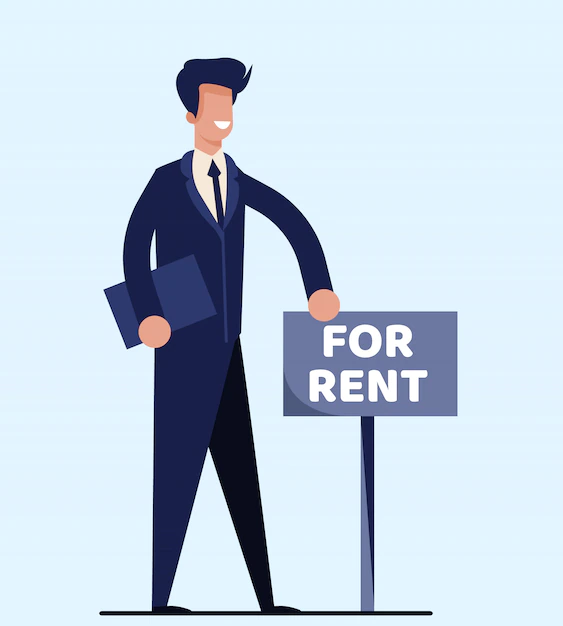
Inheriting Tenants
So you’ve found the perfect property, but you don’t love the existing tenants. Unfortunately they come as a package deal! Under the Residential Tenancy Act, a prospective purchaser must take on the existing tenancy agreement(s) set between the previous owner and the current tenants, including the monthly rental amount. In order to keep the rental income at market value, landlords can continue to increase the rent annually according to the increase limit set by the BC provincial government. They can also increase the rent once the inherited tenant moves out and a new tenancy agreement is signed.

As a BC landlord, I could go on for days with the subject of investment properties! Becoming a landlord can be a highly rewarding process but it does come with some consideration to make sure it’s the right fit for you. To learn more about becoming a landlord in BC, I highly recommend you visit Landlord BC. This is a one-stop resource for owning and managing rental housing in the province.
I am also always happy to answer any questions you have about becoming a landlord in BC and to share my personal experiences. Get in touch if you’d like to chat!
